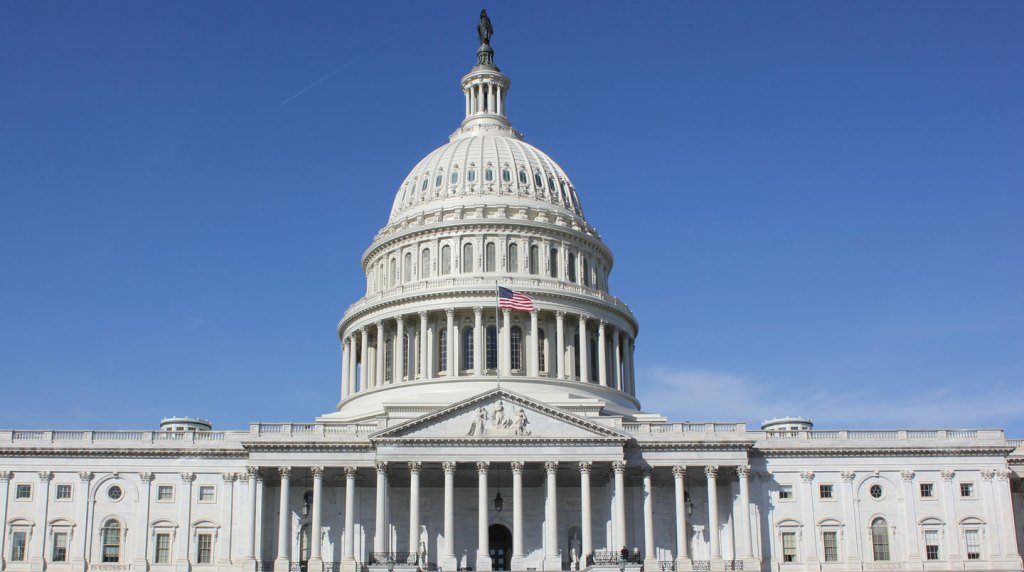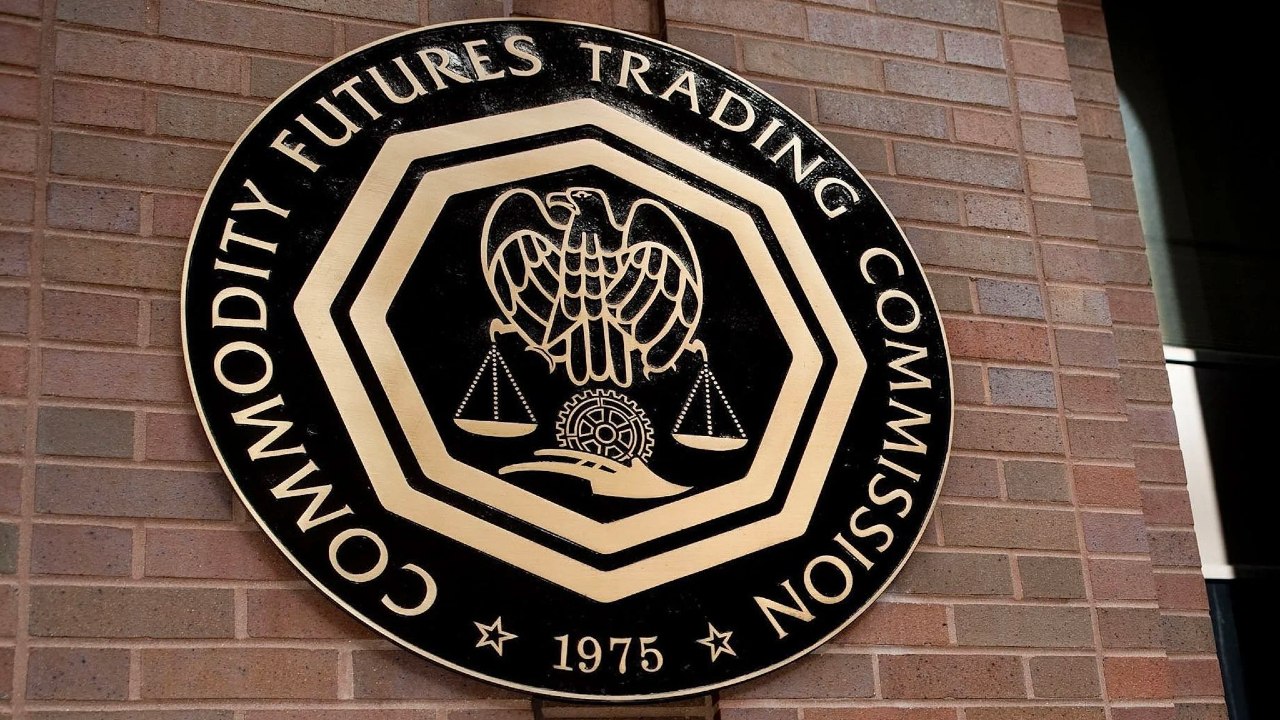The first draft of a new bill in the US House of Representatives threatens altcoin projects like FRAX and DAI.
US proposes deadly regulation for stablecoins
The legislation comes in response to the May crash of the algorithmically supported TerraUSD stablecoin. The creation or issuance of new “internally collateralized stablecoins” would be criminalized, according to a current draft legislation obtained by Bloomberg. House lawmakers are determined to take tough decisions to regulate stablecoins. According to the draft published late Tuesday, they aim to impose a two-year ban on related stablecoins.

The new bill will make it illegal to issue or launch new stablecoins that mimic the functionality and features of TerraUSD. More specifically, it will ban the implementation of the algorithmic stablecoin mechanism. Additionally, algorithmic stablecoins now have to work with the Treasury in consultation with the Fed, SEC, OCC and Federal Deposit Insurance Corporation.
Which altcoin projects are in danger?
The style of the draft bill is still unclear. However, the current version gives some clues as to the direction the editors want to take. The phrase “intrinsically collateralized stablecoins” is broad. It can mean any token backed or partially backed by other tokens of the same issuer.
Other protocols such as Frax Finance have successfully used a hybrid collateral method so far. This collateral method is much more durable than previous projects such as TerraUSD or Iron Finance. However, time will tell whether the new stablecoin bill will recognize this difference.

Another concern with the new bill is how it might affect MakerDAO’s DAI stablecoin. Unlike IRON and FRAX, DAI is fully collateralized by external assets, primarily USDC and ETH. Therefore, the bill’s ban should not cover DAI. However, like all other non-bank stablecoin issuers, if the new bill becomes law, the Maker protocol will likely need to register with US regulators to continue serving users in the US.
As the US government’s first foray into stablecoin legislation, the draft bill looks rather conservative. In line with Treasury Secretary Janet Yellen’s previous comments, regulators are looking at stablecoin issuers more in line with traditional finance. For most stablecoin issuers, this shouldn’t be an issue. But, as always, the details will matter over time. The final version of the bill will therefore need to be published before its potential impact becomes clear.







